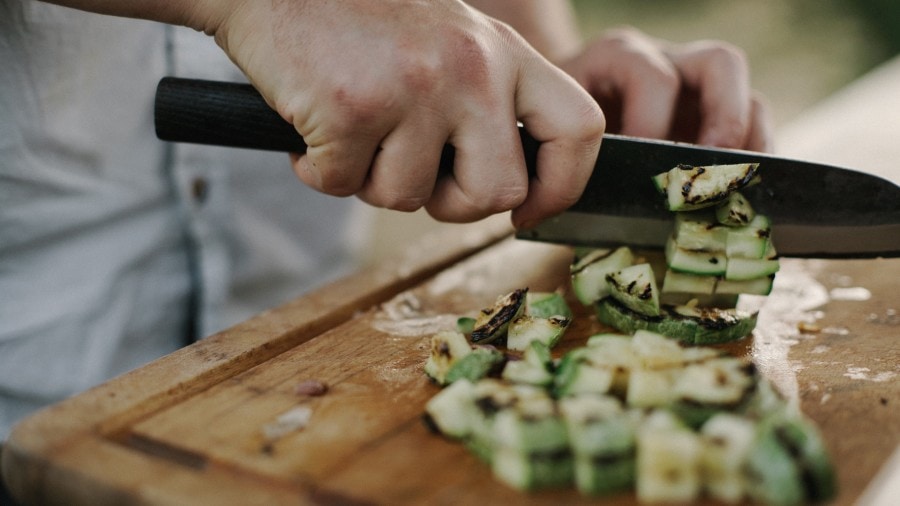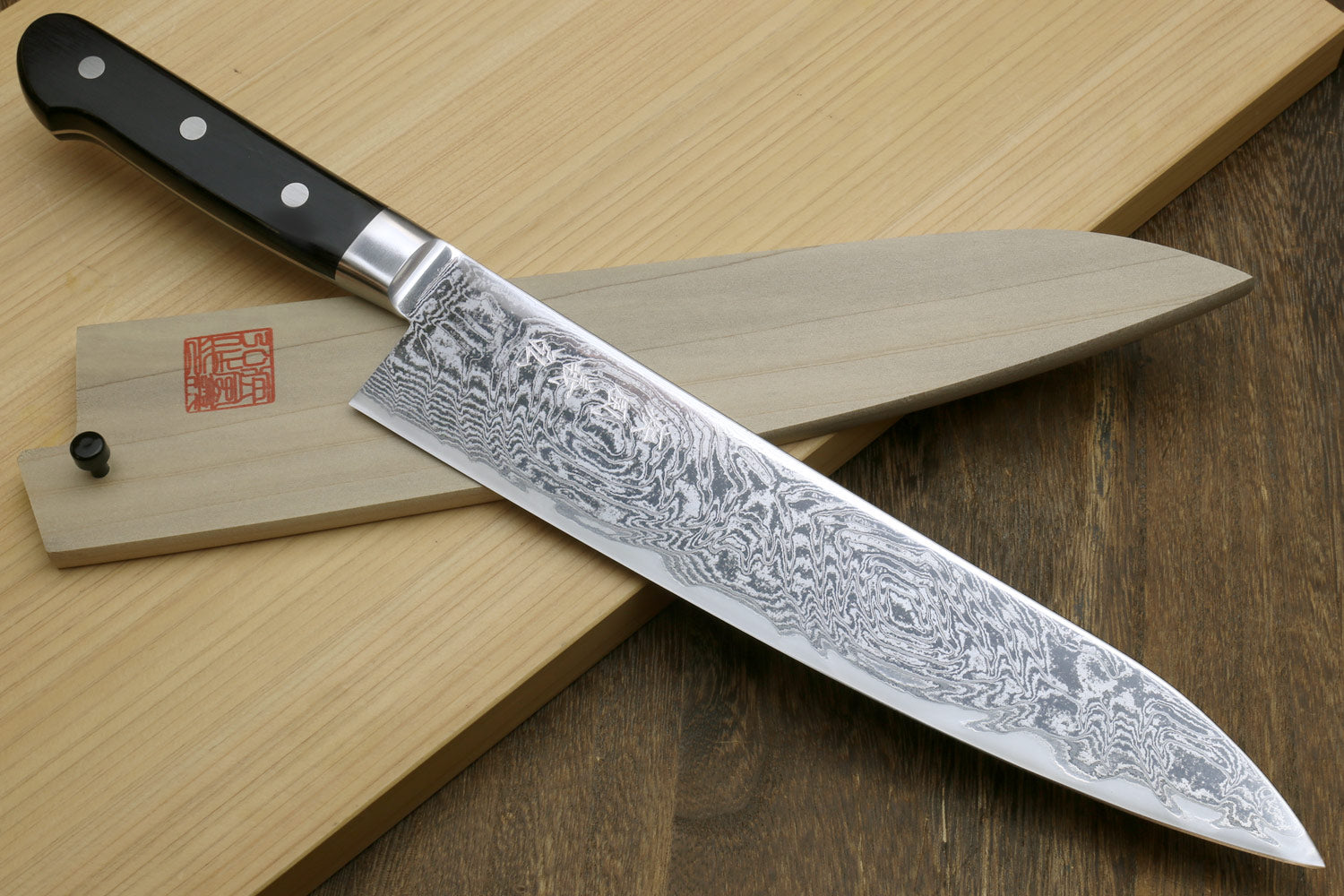In the elite realm of culinary craftsmanship, Japanese Damascus kitchen knives hold a prestigious status. Revered by kitchen professionals worldwide, these knives amalgamate traditional artistry with modern cutting-edge technology, offering unparalleled precision and aesthetic allure. What makes these knives stand out, and why are they an indispensable asset in professional kitchens?
Building on a rich history, the meticulous process of crafting Japanese Damascus knives involves forging multiple layers of steel together, often exceeding 67 layers, to create a blade that is not only strikingly beautiful but incredibly sharp and durable. This ancient technique creates the distinctive watery or wavy patterns that many knife aficionados admire.

The Craftsmanship Behind Japanese Damascus
The crafting of Japanese Damascus kitchen knives is steeped in tradition yet adapted to contemporary demands. These knives are a culmination of centuries of refinement, each telling a story of skilled craftsmanship and cultural heritage.
The creation process begins with the fusion of hard and soft steel layers. The method of forging these many layers generates a resilient, razor-sharp edge. This not only allows easy slicing through the toughest ingredients but also guarantees the blade's longevity. It's this artisanal touch that marries functionality with finesse, making the knife an extension of a chef's hand.
Why Professional Chefs Choose Damascus
For kitchen professionals, the choice of knife can significantly influence their culinary creations. Japanese Damascus kitchen knives offer several compelling advantages:
Precision and Durability
The hallmark of Damascus steel lies in its robustness and edge retention. A professional-grade tool, these knives ensure precision in chopping, slicing, and dicing - essential for maintaining the integrity of ingredients.
Ergonomic Excellence
Crafted with an eye towards detail, these knives often feature ergonomically designed handles that provide a comfortable grip, a critical factor during extensive food preparation sessions.
Aesthetic Appeal
The unique Damascus patterns not only serve as a visual delight but also symbolize the knife's heritage and the intricate craftsmanship involved in its making.
Maintaining Your Damascus Mastery
To preserve the brilliance of Damascus kitchen knives, regular maintenance is paramount. Professional chefs often have their blades professionally sharpened and ensure proper cleaning and storage techniques to maintain the knife's prowess.
In conclusion, Japanese Damascus kitchen knives are not just culinary tools; they are instruments of art and precision. Their blend of durability, sharpness, and aesthetic allure makes them a coveted choice among professionals. For chefs who wish to elevate their culinary skills, investing in these knives is a step toward perfection.
For more insights into their historical significance and detailed craftsmanship, visit this resource.

FAQ Section
What makes Japanese Damascus knives unique?
These knives combine traditional Japanese craftsmanship with contemporary technology, offering superior sharpness and durability through a distinctive layered steel design.
How should I maintain my Japanese Damascus knife?
Regular sharpening, careful cleaning, and safe storage are essential to maintain the knife's sharpness and extend its lifespan.
Are Japanese Damascus knives suitable for all kitchen tasks?
Yes, these knives are versatile and can handle a variety of tasks from slicing and dicing to precision tasks, making them ideal for professional chefs.
This article contains affiliate links. We may earn a commission at no extra cost to you.


























